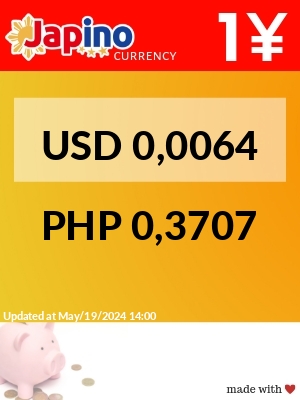Let’s Talk About Japanese Superfood: Natto

It has been dubbed the “Japanese Vegemite” due to its pungent odor and particular acquired taste. However, unlike my motherland’s breakfast favorite, Vegemite, natto deserves much more credit than just the smelly bean that it is commonly known as.
Natto is fermented soybeans, specifically fermented with Bacillus subtilis, which forms the stringy, strong smelling and interesting-tasting Japanese staple food. It is often eaten as part of the Japanese breakfast and is sold in little individual styrofoam or cardboard packs in every supermarket, generally in the cool section near the tofu.
Health Benefits
Nutritionally, natto is high in protein, with one little 40-gram pack having around seven grams of protein and only 85 calories. It is also naturally gluten-free. When mixed with a raw egg on a bowl of rice, the Japanese believe this is a perfectly nutritious, balanced meal. For natto, the fermentation process breaks down the soybeans, which makes them easier to digest and increases the body’s ability to absorb the goodness of the nutrients.
In addition, natto also has these special nourishing elements:
- Vitamin K2 is the relatively unheard-of K vitamin compared to its buddy K1. K1 is abundant in green leafy veggies and accounts for 90 percent of Vitamin K intake. However, evidence suggests that Vitamin K2 specifically can protect from heart disease, lower the risk of some cancers, promote brain function and ensure healthy skin and bones (reducing the risk of osteoporosis). It has been recorded that natto has the highest concentration of Vitamin K2 of any food source!
- PQQ is a micronutrient—similar to a vitamin—supports the mitochondria in the body. This is especially important for brain and heart health. Our bodies can’t synthesize PQQ, so it can only be obtained through the diet, and natto is again one of the highest sources available.
- Nattokinase is an enzyme produced specifically in natto, and is believed to thin the blood and reduce the chances of blood clots, which can be beneficial for those with cardiovascular disease. Nattokinase has even been made into a supplement capsule form for its health benefits.








